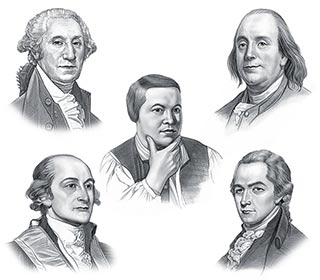Colonial America - Land of the Brave
Definition of the Tea Act 1773
The Meaning and Definition of the Tea Act: The Tea Act of 1773 was a British Law, passed by the Parliament of Great Britain on May 10, 1773, that was designed to bail out the British East India Company and expand the company's monopoly on the tea trade to all British Colonies, selling excess tea at a reduced price.
The Tea Act - A Follow-up Act
The Tea Act was a follow-up to the Revenue Act, that was one of the laws in the Townshend Acts which set new import duties (taxes) on British goods including paint, paper, lead, glass and tea.
